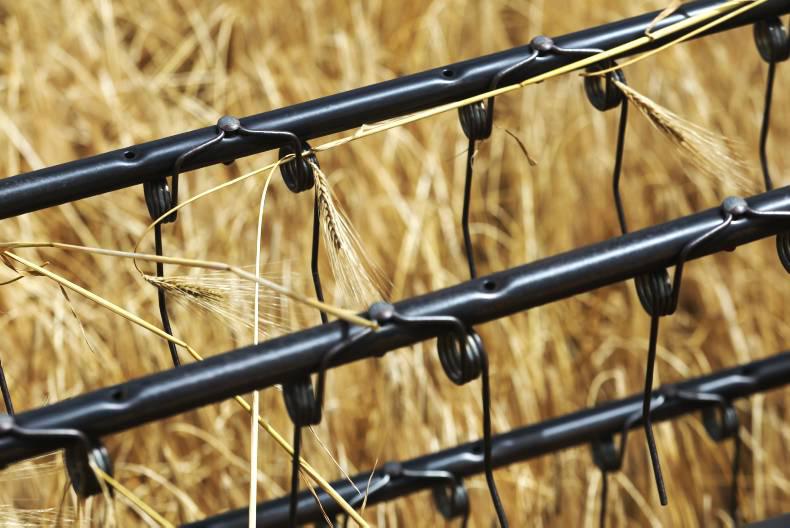Just in time: Growers across the south and southeast got out combining again since last weekend and hopefully growers elsewhere will get a similar break over the next week or so. Crop condition was beginning to suffer, especially spring barley crops that were breaking down as they passed full ripeness or those that were burned off. There are reports of wheat with sprouts in places also but hopefully these are being cut now too.
Hopefully the weather will improve across all of the country to enable harvesting of crops that are generally yielding well but quality is known to be a bit more variable as harvest progresses. Growers in parts of the country will have to watch a number of good days go by (if they come) to get the land dry enough to carry combines again.
Oilseed rape: Planting is now on the late side for anyone hoping to plant winter rape following either winter wheat or spring barley that is not yet harvested. With autumn growth being so important for this crop to generate sufficient canopy the application of some form of nitrogen, bagged or organic, is important at this stage.
Every day counts at this time of year so if you still have to harvest a crop, chop the straw to allow you to get in quicker. Where straw is chopped it is better to make some attempt to incorporate it and to mix soil through it prior to planting or ploughing. If you plant into a bed of straw on top of the ground this will be almost impossible for residual herbicides like metazachlor. If you can get the straw baled and off quickly then a legged system can be used.
Apply some nitrogen and phosphate on the seedbed, eg two bags of 10:10:20 or a bag of 18:6:12 or a bag of DAP per acre to help generate crop canopy. Alternatively 5-8 hundredweight/ac of chicken pellets before or after planting.
Soil testing: Soil fertility remains a critical link in crop productivity. Regular testing is important to keep the balance right and this should be done about every three to five years to provide continuous guidance. A valid soil test now must be no more than four years old.
It is now common for larger fields to show big fertility variation within the same field so additional samples should be considered to help address this variability which may be limiting productivity in parts of a field.
It is important to remember that in years of high yields, like this year, the offtake of nutrients is much higher and these must be replaced.
Tillage Forum: The National Crops Forum is set to take place next Wednesday 9 September in the Keadeen Hotel in Newbridge from 2pm to 5pm. It is open to growers, merchants and all involved in the sector. Topics to be covered include market prospects, winter cereal variety update, aphid resistance update, control of sterile brome and rotations and direct drilling from a UK perspective.






 This is a subscriber-only article
This is a subscriber-only article





SHARING OPTIONS: